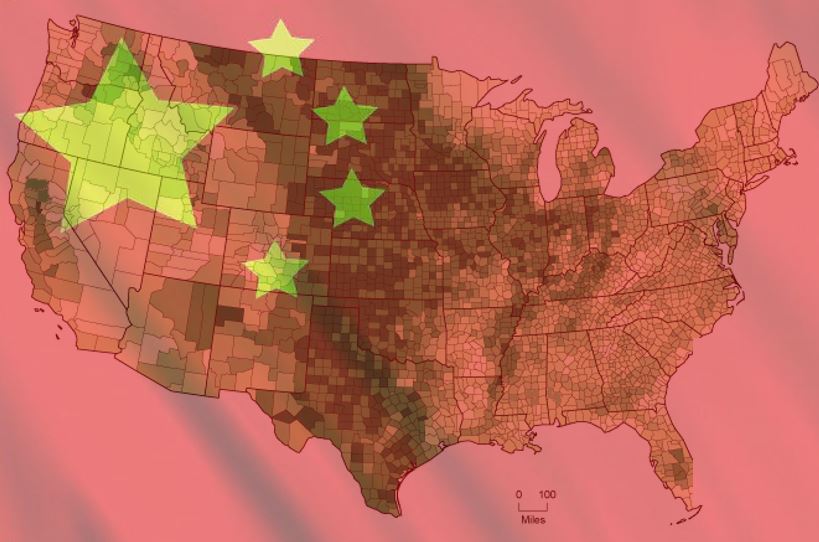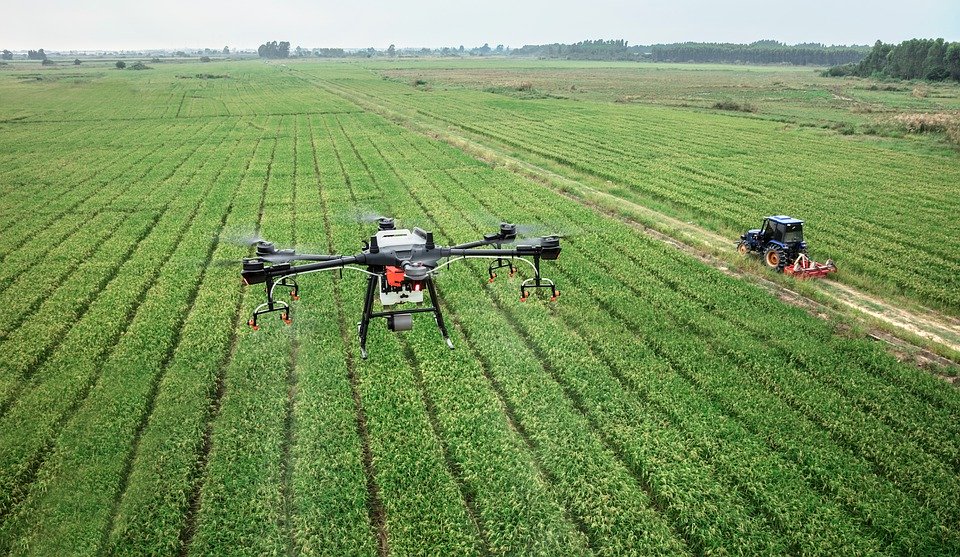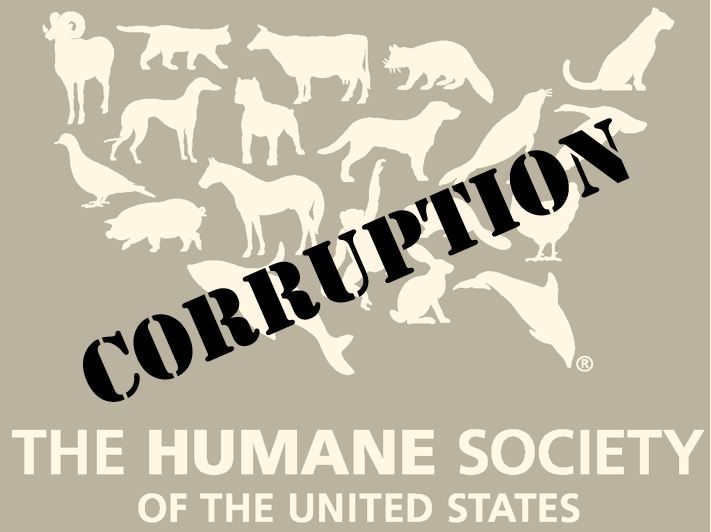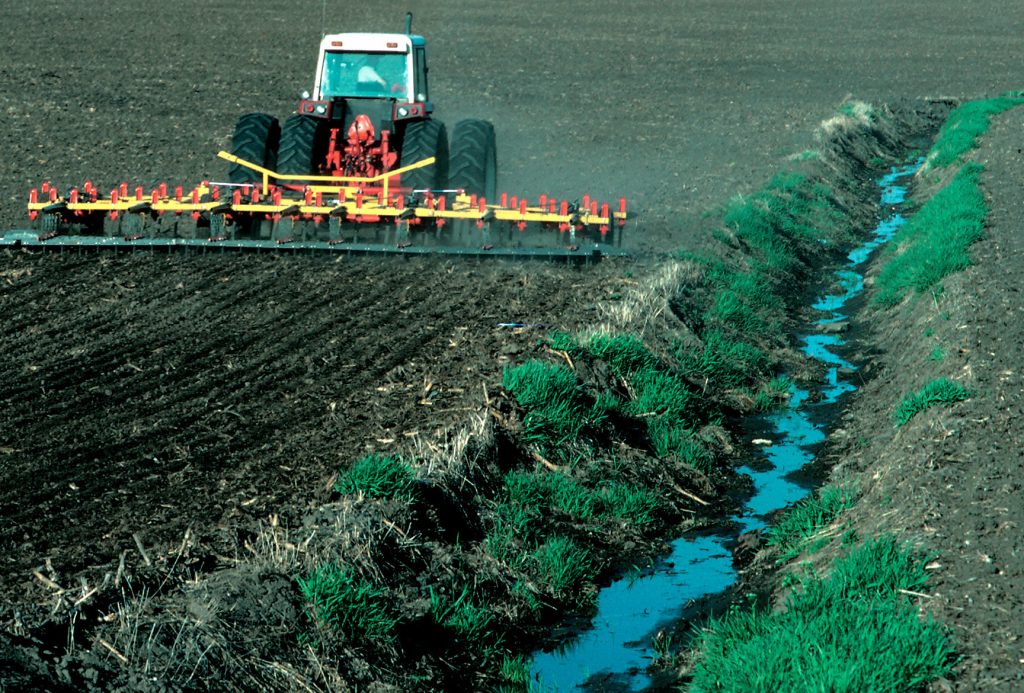…while playing with China could be an economic boon to some in the state, the benefits may not translate to individual farmers. It could also damage U.S. agriculture, food security, and the environment as well.
Tove Danovich
China Is Making a Major Play for American Farms and Farmland
Companies backed by the Chinese government are making Big Ag acquisitions in the U.S.
The American farmer is revered in our culture. He—the mythical American farmer is invariably a man—is in many ways a professional embodiment of values, such as individualism and hard work, that are considered part of the national identity. With their backbreaking work, farmers settled the growing West through the 1862 Homestead Act. It’s not a stretch to say that farmers, riding the wave of manifest destiny, built the United States. Today, they continue to feed it.
In an effort to cut out the middleman, foreign buyers are trying to circumvent the American farmer. Instead of buying food from farmers who work their own land, some foreign buyers want to own and operate these American farms themselves—as well as the livestock barns and slaughterhouses. Between the 2013 purchase of pork processor Smithfield by a Chinese holding company and ChemChina’s pending $43 billion offer for the agrichemical company Syngenta, the world’s most populous country is making a major play to buy the proverbial American farm—and U.S. politicians are lending a helping hand.
On Feb. 11, Nebraska’s Republican Gov. Pete Ricketts signed L.B. 176 into law, reversing a 1999 law that prevented meatpackers from owning livestock for more than five days prior to slaughter. Pork processors like Smithfield, which owns a plant employing more than 2,000 in Crete, Nebraska, will soon be able to vertically integrate their operations. Instead of buying hogs from numerous independent farmers, farmers will contract with processors like Smithfield for the privilege of selling their pork.
It’s a big concern for farmers who worry the pork industry will be swallowed up by contract farming, like the chicken industry. This is one area where pork producers don’t want to be “the other white meat.” Chicken “growers” are paid to raise the birds on their land as well as pay for expensive poultry houses, labor, and maintenance. But it’s the major poultry companies who own the chickens—as well as the hatcheries, slaughterhouses, and feed.
That the Nebraska pork industry is poised for takeover by contract farming isn’t that big of a deal in itself. Most other Midwestern states long ago repealed their own packer bans and have seen pork production climb as Nebraska’s slipped. Nebraska was the last holdout. Though China can benefit from making the state an extension of its food supply, Nebraska legislators are courting China as an important trading partner too. As the executive director of the Nebraska Pork Producers Association noted, the state has the competitive advantage of being the Midwest hog producer closest geographically not just to West Coast markets but to the Pacific Rim as well.
Thank you for reading our latest report, but before you go…
Our loyalty is to the truth and to YOU, our readers!
We respect your reading experience, and have refrained from putting up a paywall and obnoxious advertisements, which means that we get by on small donations from people like you. We’re not asking for much, but any amount that you can give goes a long way to securing a better future for the people who make America great.
[paypal_donation_button]
For as little as $1 you can support Free Range Report, and it takes only a moment.



